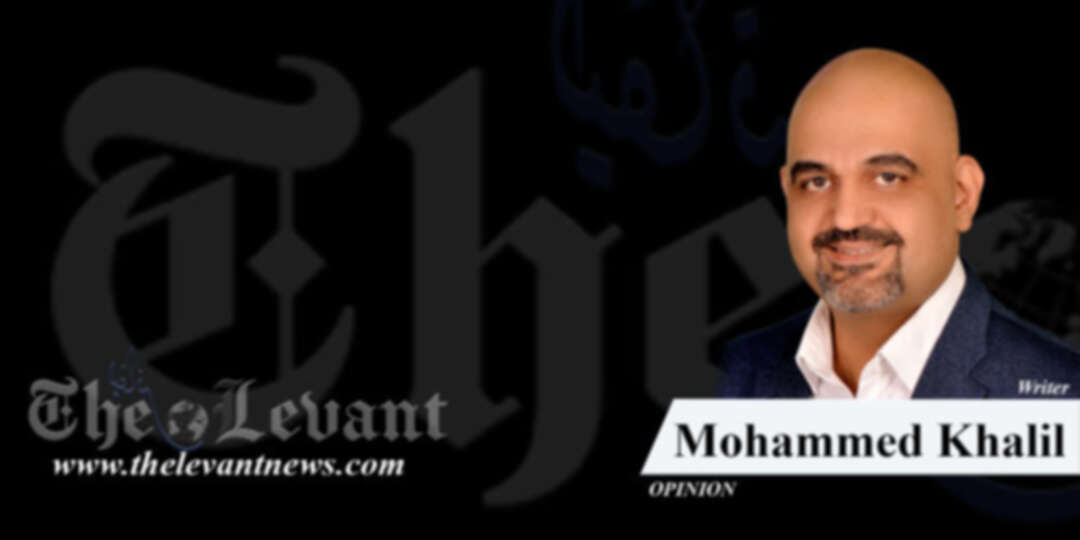-
Elections and Internal Crisis in Iran

The recent parliamentary elections in Iran have gained special significance for several considerations, as it is the first election that took place after a series of protests against government economic policies that have swept many cities and regions in Iran and which the security services have faced with a violent reaction. Also, it is also the first elections that took place after The American administration ended its commitment to the Iranian nuclear agreement, as well as the first elections that took place after killing the Iranian military leader Qassim Soleimani by the United States and the escalation of tension that followed between the two countries.
Many observers view these elections as an indication of the direction of Iranian domestic and foreign policies, with a great sense of lack of optimism that positive changes occurred internally or externally, with the reality of the Iranian authorities preventing thousands of candidates affiliated with the reformist movement from running, and with the low turnout in the elections, this led to almost absolute control of the hard-line current over Parliament, and thus confirmation of the continuation of the hard-line approach led by this current internally and externally.
What can be concluded directly from the results of these elections is the continuation of the strict approach in dealing with any popular protests in the Iran, the conservative current and its tools on the ground will not allow the development of these protests in any way. The protests are considered, from the viewpoint of many observers, the real threat to the stability of the regime in Tehran.
The Iranian foreign policy is not expected to change much with the election results. This policy may become more stringent in dealing with issues related to the nuclear file, but in general we cannot expect a major change in Iranian foreign policies, both on diplomatic or military levels.
Conservative control and the continuation of the same approach to foreign policy does not necessarily imply a blocked horizon for reaching understandings between Tehran and regional and international powers, led by the United States, and although the two countries are currently fighting a non-classic war on various tracks, the recent history of US President Donald Trump’s administration tells us that the man is ready to make deals in unexpected times and circumstances, and we have in agreement with the North Korean regime as well as with the Taliban in Afghanistan, clear examples of the way the White House resident thinks.
Once again, the manner in which these elections were held confirms that the fundamental crisis in Iran is an internal crisis, and that all measures that have been taken, especially with regard to depriving thousands of reformists from running, are indications of a real internal crisis, this crisis is linked primarily to the economic and social files.
By: Mohammed Khalil
You May Also Like
Popular Posts
Caricature
BENEFIT Sponsors BuildHer...
- April 23, 2025
BENEFIT, the Kingdom’s innovator and leading company in Fintech and electronic financial transactions service, has sponsored the BuildHer CityHack 2025 Hackathon, a two-day event spearheaded by the College of Engineering and Technology at the Royal University for Women (RUW).
Aimed at secondary school students, the event brought together a distinguished group of academic professionals and technology experts to mentor and inspire young participants.
More than 100 high school students from across the Kingdom of Bahrain took part in the hackathon, which featured an intensive programme of training workshops and hands-on sessions. These activities were tailored to enhance participants’ critical thinking, collaborative problem-solving, and team-building capabilities, while also encouraging the development of practical and sustainable solutions to contemporary challenges using modern technological tools.
BENEFIT’s Chief Executive Mr. Abdulwahed AlJanahi, commented: “Our support for this educational hackathon reflects our long-term strategic vision to nurture the talents of emerging national youth and empower the next generation of accomplished female leaders in technology. By fostering creativity and innovation, we aim to contribute meaningfully to Bahrain’s comprehensive development goals and align with the aspirations outlined in the Kingdom’s Vision 2030—an ambition in which BENEFIT plays a central role.”
Professor Riyadh Yousif Hamzah, President of the Royal University for Women, commented: “This initiative reflects our commitment to advancing women in STEM fields. We're cultivating a generation of creative, solution-driven female leaders who will drive national development. Our partnership with BENEFIT exemplifies the powerful synergy between academia and private sector in supporting educational innovation.”
Hanan Abdulla Hasan, Senior Manager, PR & Communication at BENEFIT, said: “We are honoured to collaborate with RUW in supporting this remarkable technology-focused event. It highlights our commitment to social responsibility, and our ongoing efforts to enhance the digital and innovation capabilities of young Bahraini women and foster their ability to harness technological tools in the service of a smarter, more sustainable future.”
For his part, Dr. Humam ElAgha, Acting Dean of the College of Engineering and Technology at the University, said: “BuildHer CityHack 2025 embodies our hands-on approach to education. By tackling real-world problems through creative thinking and sustainable solutions, we're preparing women to thrive in the knowledge economy – a cornerstone of the University's vision.”
opinion
Report
ads
Newsletter
Subscribe to our mailing list to get the new updates!






















